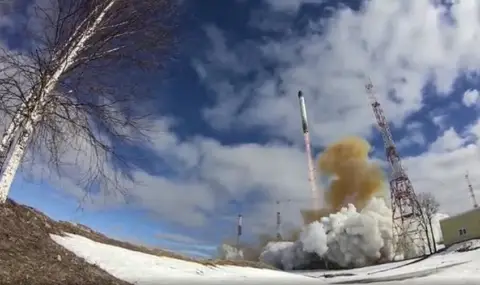"Sanctions are likely to continue to disrupt key elements of Russia's defense industry. Russia's isolation limits the number of countries with which it can trade directly, which very likely increases the time and cost of acquiring items that it was once able to purchase freely. Research by the Bank of Finland's Institute for Emerging Economies suggests that third countries charge markups of more than 60 percent for exports of certain sanctioned goods to Russia, British intelligence wrote in its latest report on social network X.
Although Russia has increased production of key munitions most commonly used in Ukraine, such as artillery shells, the impact of the sanctions is likely to be greatest on Russia's more advanced and sophisticated weapons systems. These systems in production and development almost certainly have an increased reliance on foreign components and technology, the UK Ministry of Defense notes.
Latest Defense Intelligence update on the situation in Ukraine – 01 April 2024.
Find out more about Defense Intelligence&# 39;s use of language: https://t.co/VLI1JhTxbL#StandWithUkraine 🇺🇦 pic.twitter.com/VV2an1FVEU< /p>— Ministry of Defense 🇬🇧 (@DefenceHQ) April 1, 2024
Sanctions are likely to continue to distort supply and demand for Russian arms exports, as well as significantly complicate payment mechanisms to Russia. This almost certainly contributed to a significant drop in Russian arms exports and increased delivery delays, including to some of the most important remaining arms customers. According to the Stockholm International Peace Research Institute, Russia's share of the global arms trade fell to 11 percent in the period 2019-2023, compared to 21 percent in the period 2014-2018, the British intelligence report said. .
